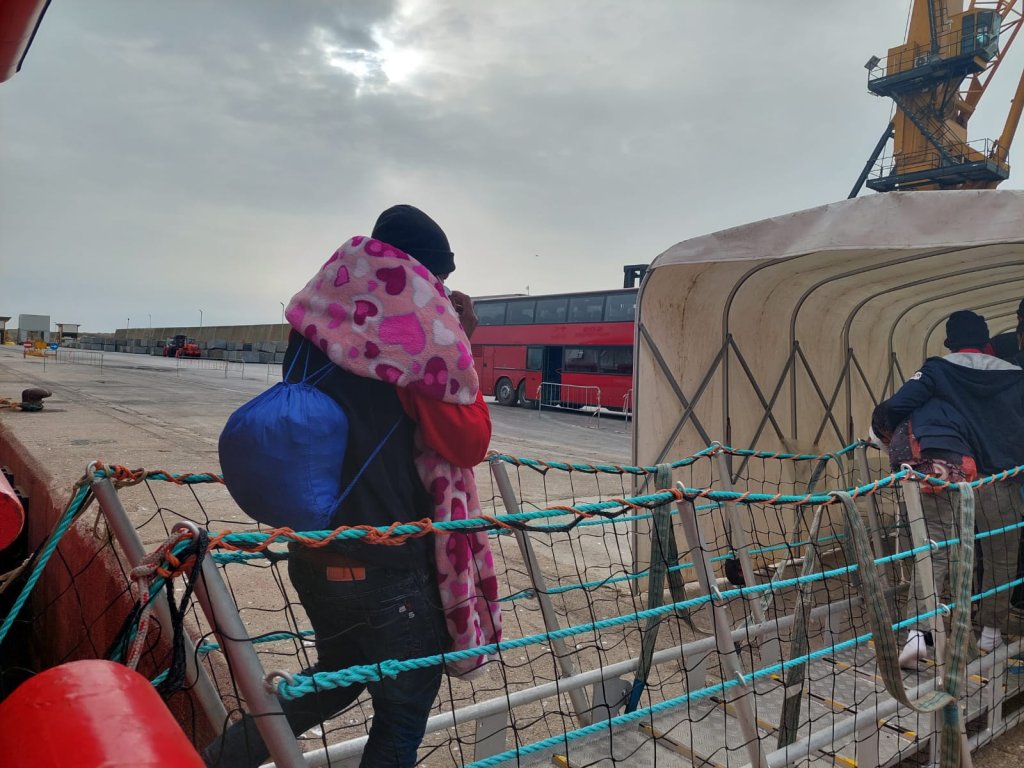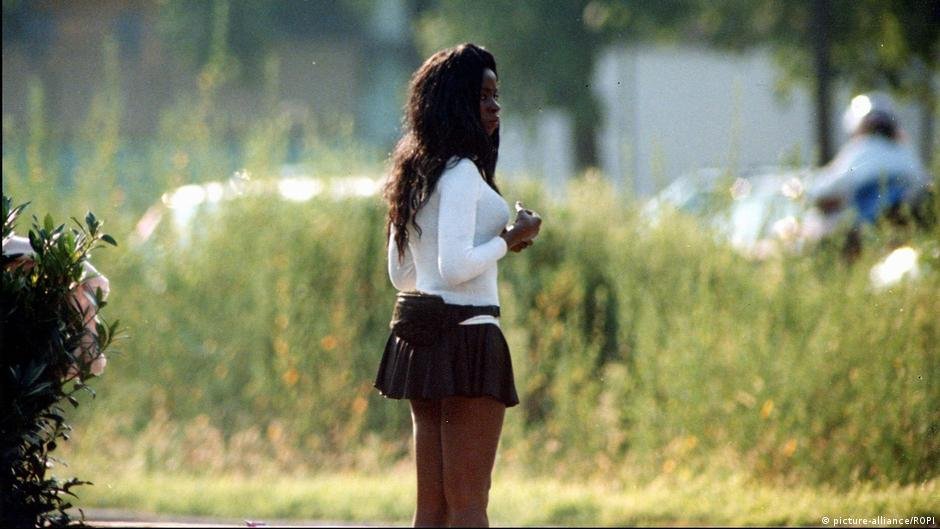Experts and rights groups say that digitalization has influenced all aspects of trafficking and has amplified the reach, scale, and speed of trafficking.
Trafficking networks prey on foreign women and children in Spain using social networks, with children twice as likely as adults to be subjected violence, according to humanitarian organizations, Spanish news agency EFE reported on Thursday (July 30).
According to the Red Cross in Spain, the vast majority of people targeted by human trafficking networks are foreigners. Last year, the Red Cross reported that 96 percent (or an estimated more than 1,100 people) of the trafficking victims they assisted in Spain were migrants. Of that number, 70 percent were in an irregular administrative situation which may include being undocumented, while less than 20 percent were asylum seekers.

According to the UN, traffickers use digital platforms to court their victims and attract both customers and minors, who seek acceptance, attention, or friendship on the Internet.
Fuensanta Pérez from the Human Trafficking Unit of the Red Cross explained that migrant children are "highly vulnerable" to trafficking, especially children who arrive in Europe unaccompanied.
Sophia Wirsching, executive director of the Berlin-based KOK (German NGO Network Against Trafficking in Human Beings), told InfoMigrants that the situation is similar in Germany.
"The fact is that women and children are more vulnerable than men. First of all, children need a guardian or a parent to take care of them. If they don’t, they are prone to exploitative situations. For many women who came to Germany after the war in Ukraine, they had to find a source of income and at the same time, have to take care of children," said Wirsching.
Also read: More than 50,000 unaccompanied child migrants missing in Europe
Faceless perpetrators
Wirsching added that digitalization is influencing all components of trafficking and amplifying the reach, speed, and scale of trafficking networks.
"From being lured through digital and social media platforms, to exercising control over the victim, and transporting them, all of it is done through the internet. Counseling structures and law enforcement have to rely more on digital tools to assist victims and prevent trafficking," said Wirsching.
Wirsching explained that with digitalization, perpetrators don’t have to have contact or expose themselves to victims. "Traffickers may remain in South America and then send their victims to Europe. Money is wired. There is no direct contact between the victim and the trafficker," she said.
Digitalization of human trafficking
According to the latest 2024 Trafficking in Persons Report released by the United States, "perpetrators use dating apps and online ads to recruit victims. They use online platforms to sell illicit sexual content. They leverage encrypted messaging and digital currencies to evade detection."
Parallel to this, advocates and rights groups have an opportunity to leverage technology to advance awareness, detection, and prevention of human trafficking.

"As technology makes it easier for traffickers to operate across geographies and jurisdictions, those of us committed to rooting out this horrendous crime – in government, businesses, civil society – can and must work together and coordinate our efforts," US Secretary of State Antony Blinken said in a statement.
KOK's Wirsching added that catching up with the sophisticated technological strategies of perpetrators will mean people working across different fields will have to come together--even those that do not normally work together.
"We all need to cooperate with one another. Rights groups, law enforcement, big tech companies, and even financial institutions," said Wirsching.
Recruited through a familiar route
Filippo Finocchiaro, a migrant rights lawyer based in Sicily, southern Italy, routinely defends women and girls who are trafficked from Nigeria. Speaking to InfoMigrants, Finocchiaro said that most of the women come from Benin in Nigeria and are very young, poor and were made to perform rituals.
The conflation of these factors makes women prone to trafficking and difficult to prosecute their traffickers.
"From Nigeria, they are promised work in Europe by a relative or someone known to their family. All the women I met came to Italy through Libya where they were subjected to sexual servitude and physical abuse. In Italy, they find that the job they were promised was fake," said Finocchiaro.
"The women usually do not want to prosecute their trafficker because of the rituals that they participated in that bind them to their trafficker. They are afraid of the consequences for their family living in Nigeria," he said.
The Italian government provides a special permit for victims of human trafficking but this requires the victim to reveal their trafficker.
"That’s the reason why many of them apply for political asylum instead. Usually, the government doesn’t recognize them as refugees, but when they appeal the decision, the courts recognize them as qualified for international protection because they are seen as coming from a particular region and are high risk," Finocchiaro said.
Also read: Five Nigerians arrested for running human trafficking ring
